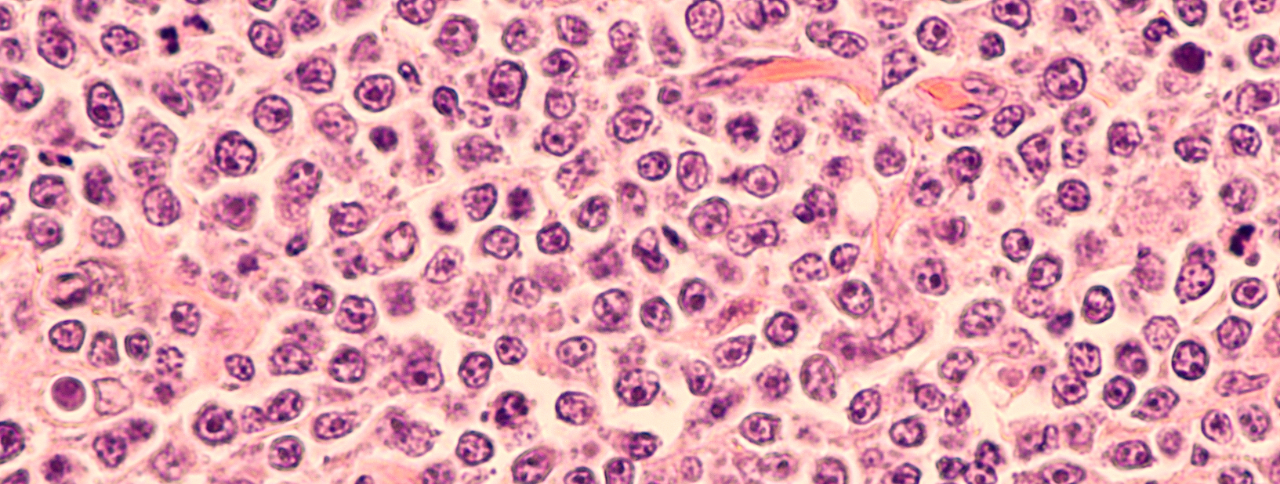On 1 February, Merck & Co received the much-anticipated positive opinion from the European Medicines Agency (EMA) regarding the expanded use of Keytruda (pembrolizumab) for Hodgkin’s lymphoma transplant-ineligible patients who have relapsed on treatment with Seagen’s Adcetris (brentuximab vedotin). The FDA had already granted a similar approval on October 15, 2020, which was highlighted in GlobalData’s report, ‘Hodgkin’s Lymphoma: Opportunity Analysis and Forecasts to 2029,’ as a future key event in the Hodgkin’s lymphoma market, and a turning point for immunotherapy use in this indication. Historically, Hodgkin’s lymphoma was treated with chemotherapy, Adcetris, and stem cell transplants. Later, immunotherapies gained approval into the third-line setting, first via Bristol-Myers Squibb with its FDA approval of Opdivo in May 2016, followed by Keytruda’s approval in March 2017. Now, Keytruda is taking the first strides at expanding its use in Hodgkin’s lymphoma treatment with an effort to overtake Adcetris as the standard monotherapy treatment option. However, GlobalData is still expecting Opdivo to become the leading immunotherapy in the long term given the more significant label expansions being explored by BMS.
GlobalData is projecting Adcetris to remain the overall market leader in the Hodgkin’s lymphoma market; however, a specific subset of patients will now begin to see an increased uptake of immunotherapy use despite the success of Adcetris re-treatment. In the second line of therapy, patients first receive a salvage treatment to attempt remission followed by a re-evaluation of transplant eligibility. The subset of patients to which Keytruda will expand are patients who are re-evaluated as transplant-ineligible. GlobalData forecast that Adcetris use across France, Germany, Italy, Spain, and the UK in 2019 for these patients was on average 19.6% in the second line and 15.8% in the third line. By contrast, Keytruda use across the same countries was an estimated 6.4% in the second line and 7.0% in the third line. Having anticipated the positive EMA CHMP opinion, GlobalData projected that by 2029, Keytruda will become the standard monotherapy of choice in this setting, with Adcetris monotherapy still expected to increase to 28.7% in the second-line versus Keytruda’s increase to 28.8%, and similarly a respective patient share of 18.7% to 21.3% is expected for the third line.
Overall, GlobalData expects only a moderate impact in terms of sales given the lack of patients in the second and third-line settings, though for the foreseeable future this is likely to be the most significant advancement for Keytruda in this indication. Finally, GlobalData is still projecting that Opdivo will demonstrate the greatest uptake in immunotherapy in the Hodgkin’s lymphoma market, though later in the forecast period. BMS is finalising trials and expects a positive opinion from all regulatory agencies for the combinatorial use of Opdivo plus AVD and Opdivo plus Adcetris across all lines of therapy.






